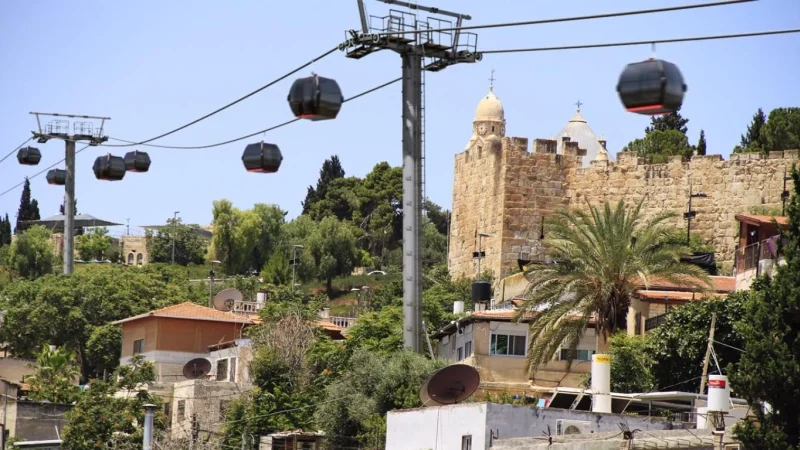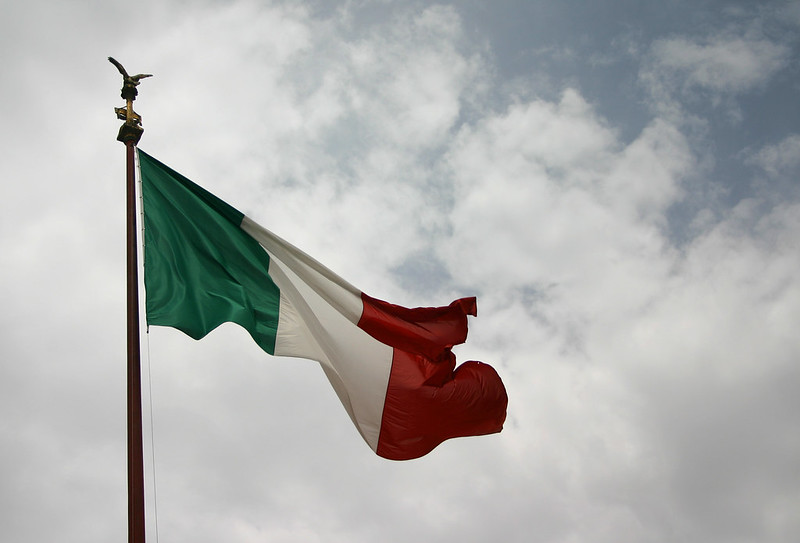Pitched on Palestinian land, the air train threatens to alter holy sites and violate provisions of international law.
Qatar has condemned the decision of the Israeli occupation authorities to confiscate Palestinian lands in the Silwan neighbourhood of occupied East Jerusalem to build an air train.
In a post, The Ministry of Foreign Affairs (MOFA) issued a statement noting that the decision violates “international law and the relevant ‘UNESCO’ resolutions”.
“The State of Qatar strongly condemns the decision of the Israeli occupation authorities to confiscate Palestinian lands in the Silwan neighbourhood of occupied East Jerusalem to build an air train. It also considers this decision a flagrant violation of the principles and provisions of international law and the relevant “UNESCO” resolutions,” a statement read on X.
“The Ministry stresses that the Israeli decision will hinder the achievement of a two-state solution, which is the only way to achieve sustainable peace in the region,” the statement added.
On Monday, the European Union issued a warning that Israeli expansionist plans of the air train in and around occupied East Jerusalem threaten to “alter permanently the character of numerous holy sites and undermine the established religious equilibrium”.
“Such projects include an expansion of the National Park on the Mount of Olives and the plan to build a cable car in Jerusalem’s historic core. Pursuing these plans could have a detrimental impact on the holy sites, the paths of pilgrimage and the viability of Jerusalem’s communities,” a statement from the EU read.
“It would pose a serious threat to the special status of Jerusalem as well as to the peaceful coexistence of all three monotheistic religions in Jerusalem,” the EU further added.
Israeli plans to build an air train have been years in the making, with the announcement in 2019 angering Palestinians.
Palestinians say the project would erase their heritage in areas they seek for a future state and that the planned route would place cable cars just meters above their homes in East Jerusalem.
Said to be a $63 million project, the project is to alleviate heavy traffic and promote touristic destinations.
The proposed cable car would shuttle some 3000 tourists and worshippers per hour from the western part of Jerusalem in a four-minute ride.
“This is a strategic project to promote tourism to Jerusalem’s Old City,” said Israel’s previous Jerusalem and Heritage Minister, Zeev Elkin, upon the train’s announcement.







